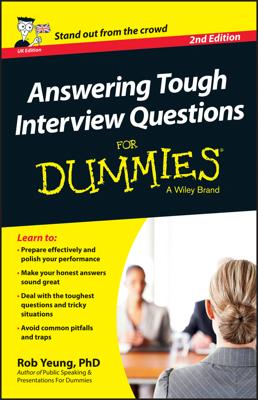In a tough economy, taking extraordinary steps in your job search could be critical to landing the position you want. Here are some proven tips that are often overlooked by the average job-seeker. And in today's market, being perceived as average isn't a compliment.
Network as much as you can
Stay in touch with the people you used to work with. You may be offered or made aware of a new position with your old firm if you maintain contact and haven't burned any bridges with anyone important. They could even earn a referral bonus for bringing you back in to a different job with your old company.
Don't forget to stay in touch with suppliers and customers you know from your former employer. They can provide you with great leads and, more importantly, great references when the time comes.
Seek out networking opportunities in your field. Some churches offer job networking sessions. General business networking can be done at the Optimist's or Rotary Clubs. There's a networking association for virtually every profession, gender, and social group.
Do your research
When targeting a company for employment, research it carefully. Check out their web site. Find out who the managers are, their names, and as much about them as is possible. Know what is sold and to whom as well as the company's reputation. Address correspondence to a name in a department, not blindly to a title.
Creatively follow up after application
Follow up applications online with a handwritten note or phone call to the human resources director. Don't overdo it, though; it's a thin line between a class act and being needy or desperate, but it will serve to draw attention to your application.
Follow up after the interview
Follow up in person after your interview to thanks to the interviewer. Just leave your card if he's not available, not another copy of your resume: he's seen it all ready. Most people will do nothing but sit by the phone. Sharp job-seekers will mail a thank-you card, but you will have already expressed yourself in a way that will make you stand out. Often just being different will tip the scales your way.
Get a business card
Have a personal business card made up for your job search. Have accurate contact information on it, but also post your resume online and have the URL for it on your card. This will save you from having to burden people with a paper copy while networking.
Consider temp work
Don't overlook pursuing temporary work or even volunteering in a new field to gain exposure. You could be offered a job by a company that uses temporary firms to showcase potential hires, or a networking opportunity could arise from a volunteering effort that results in a job offer.
Watch your social media
If you use social media, watch your postings. A lot of effort expended toward securing a job with a dynamic company could be wasted if they don't like what they see on your Facebook page. Don't delude yourself; a potential employer will look at it along with a background and credit check.
Hide your age
It's a cruel fact of life, but workers who are just starting out, as well as their nearing-retirement counterparts, have the hardest time getting hired. Avoid faddish clothing if you're just starting, and ditch those out-of-date styles if you're on the more mature end of the continuum. Gray hair and nose rings are your enemy.
Acquire new skills
Learn new software and get some experience using it. The business environment is becoming more and more reliant on computers. Investigate what quick courses are available online or from your community college. In today's market, if you stay the same, you quickly fall behind.
Frequently, your unemployment insurance office will know of free or very reasonable resources for enhancing basic workplace skills.
Watch your body language
Human resources associates are trained to evaluate your every movement. Slouching in your seat, staring at the floor, and avoiding eye contact, as well as sitting with folded arms, are as revealing to them as your facial expression. What you say isn't the only thing that's important; how you act can decide how you score in the interview.

